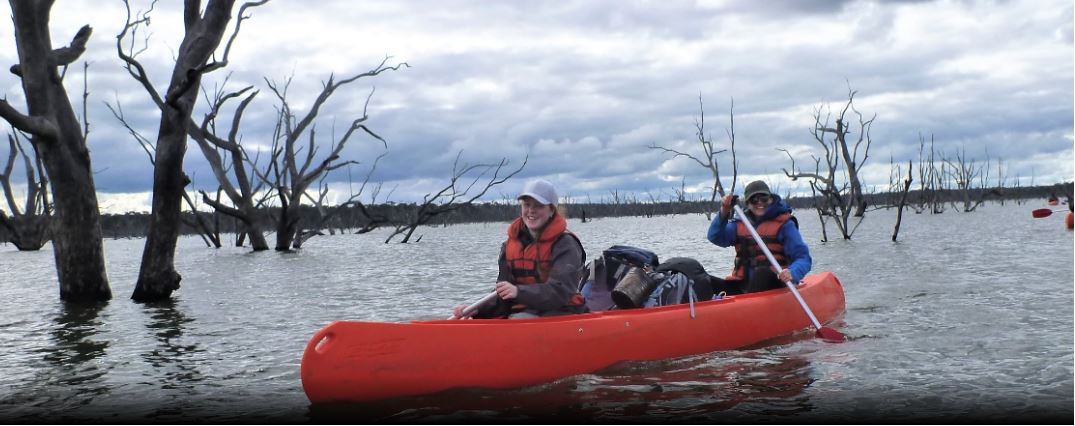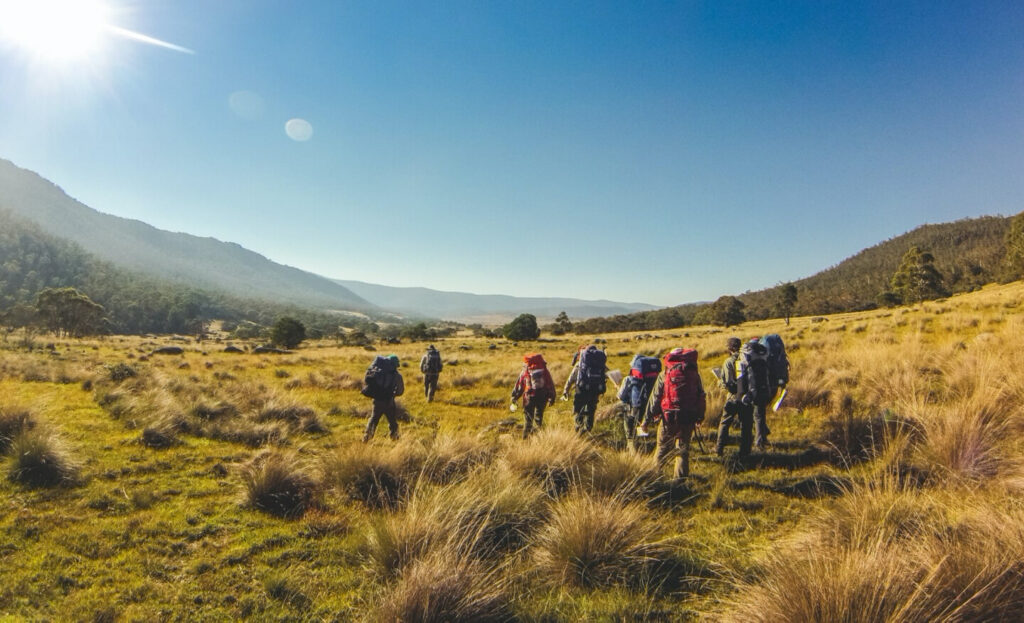The phrase “now more than ever” is often used when discussing the necessity of outdoor education programs for students, especially in the post-COVID era. While I’m hesitant to claim that today’s youth require outdoor education more urgently than previous generations did, it’s undeniable that such programs play a crucial role in equipping young people with skills necessary for life beyond the school environment. Ultimately, the primary objective of any quality outdoor education program should be to serve our youth and empower them to thrive in all aspects of life.
Interestingly, the foundational philosophy of Outward Bound, established by Kurt Hahn, was centered on preparing youth for an uncertain future. Stemming from its origins in post-war recovery and renewal, Hahn envisioned providing transformative experiences outside the traditional classroom setting. He recognized the importance of empowering individuals to confront challenges, cultivate resilience, and realize their full potential. Today, Hahn’s vision remains as relevant as ever, with Outward Bound continuing to offer immersive outdoor adventures that foster personal growth, teamwork, and a sense of responsibility, preparing individuals and communities to navigate the complexities of the modern world.
The acronym VUCA, standing for “volatile, uncertain, complex, and ambiguous,” aptly characterizes the constant and unpredictable change confronting today’s youth. Similar to Hahn’s observations of post-war youth, young people today grapple with issues such as anxiety, uncertainty, and social isolation. Outward Bound International (https://www.outwardbound.net/obi-yearinreview/) has identified several key challenges unique to today’s youth, including:
• Rising Mental and Physical Health; exacerbated by the global COVID pandemic, highlighting the need for a strong focus on resilience
• A Global Climate and Biodiversity Crisis; underscoring the need for connection to our natural world
• Social Isolation, Fragmentation, and Polarization; stressing the importance of real-world connections and strong interpersonal skills
• Employability Challenges and Skill Gaps; emphasizing the need for a focus on practical, life-based learning programs
Outdoor education is uniquely positioned to address these challenges, and it is imperative for organizations like Outward Bound to continue delivering adventure-based learning programs to provide young people with the tools they need to succeed in life.
In Australia, as elsewhere around the globe, the COVID-19 pandemic caused significant disruptions to daily life, with schools scrambling to adapt to lockdowns and remote learning environments. Unfortunately, outdoor education programs were often the first casualties of these disruptions, remaining sidelined even as schools began to resume normal operations. Now, several years on from the height of the pandemic, many schools have reintegrated adventure learning programs into their curricula, recognizing their value in addressing the challenges facing today’s youth.
As an educator with over 20 years of experience designing and delivering outdoor education programs, I am heartened to see schools not only reinstating outdoor adventure programs but also expanding and enhancing them to better serve our youth. Through my own journey in this sector, I’ve identified several attributes of outdoor adventure programs that contribute to positive and impactful experiences for young people:
• Remaining in constant contact with the learning environment – a forest, a river, the mountains, etc
• Deliberate and thoughtful program design that helps deliver the desired learning intentions
• Appropriate level of challenge for those students in that place at that time
• A strong sense of authentic adventure
• Interaction and immersion in a wilderness environment
• Separation from technology
• Facilitation of learning intentions by skilled outdoor leaders, that are able to be transferred to other life situations
• A sequential program that builds learning and skills over a number of years
• Small groups that form a tight-knit community
While this list isn’t exhaustive, it provides a framework for understanding the essential elements of a positive and impactful outdoor adventure program.
Kurt Hahn’s legacy extends beyond his famous quote about “there is more in us than we know”. His insight into the transformative power of outdoor adventure learning programs resonates deeply, emphasizing the importance of community, personal growth, and our natural environment. As educators, it is our duty to prioritize the service of our young people, empowering them to overcome challenges, care for others, and ultimately, shape a better future for themselves and their communities.
Article also published in Outward Bound International Compass Newsletter













